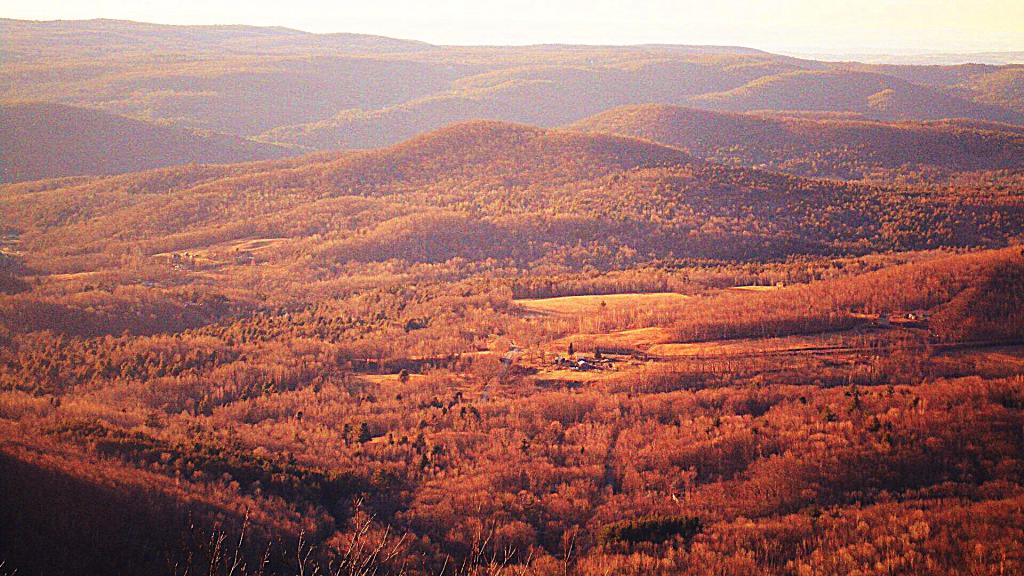When people think about what things cause harm to the environment they think of many things. They think of tall smokestacks pushing out sulfur dioxide and nitrous oxides, rusty metal drums leaking orange liquid, or the endless repetition of housing in suburban development.
Most do not think about attitudes and cultures that insulate people from the natural world. Yet, that might just be the biggest threat. Consumption without context, a lack of understanding of pollution, a distant natural world, and apathy all lead up to some serious environmental degradation.
Suburbia is grounded in consumption, often without context. They go to the mall and grocery store and buy things. The trash man comes by on Wednesday and takes away what they dont want. The people there have no idea where things came from, what technologies are behind it, and what the real costs of their actions are.
The landfill is well hidden from view. The methane from the dump and the landfill can not be smelled to the user. The factory in India spewing out toxic chemicals simply does not exist. Pollution does exist in suburbia from car emissions, phenalates from vinyl, and lawn pesticides, but it takes a different context from reality.
People in suburbia drive to work in an air conditioned sport-utility vehicle. They live and work in air conditioned vehicles that seal out natural air. Nature is little more then a place for camping. It certainly is not a place for living or making a life out of. If nature is anything in such a world it is always thoroughly controlled and regulated.
Life is suburbia is good, maybe too good. It breeds contempt and apathy. When life is so good, why challenge our status quo to protect some abstract environment so far away? Suburbs are non-political except for the occasional fight over grandpas fence, or parking. Real issues seem not ever to rise to interest.
